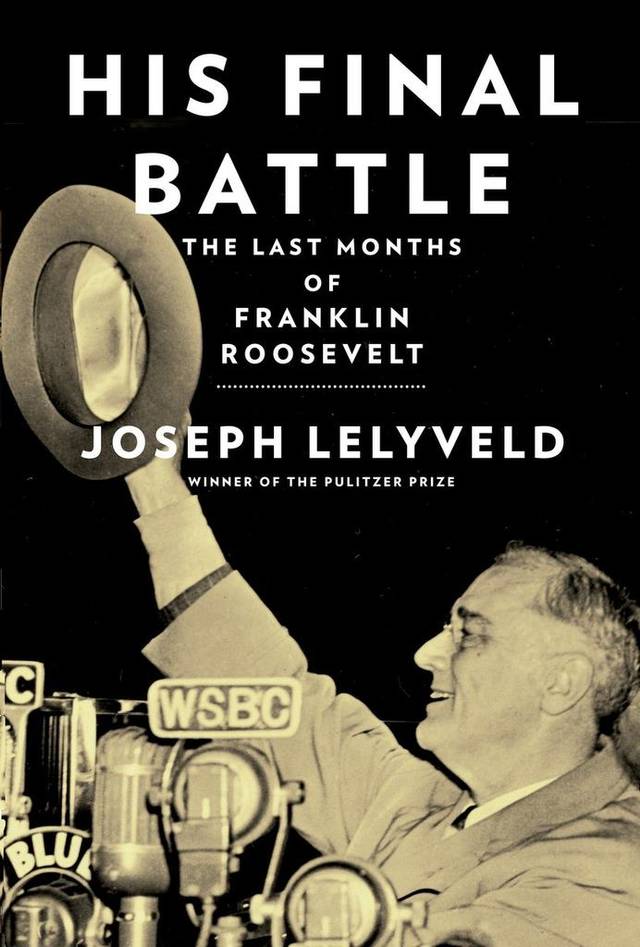With elections coming up this year in France, Germany, the Netherlands, the Czech Republic, and perhaps Italy, European intelligence services across the Continent have been sounding the alarm about Russian attempts to influence the outcome though targeted disinformation and propaganda, as they appeared to do in the U.S. presidential election.
That brand of information war can range from pushing fake news stories and conspiracy theories to fanning the flames of existing problems — all serving to undermine public confidence in governments and institutions. Elsewhere in the Baltics and former Soviet Union, Russian-linked disinformation has worked to stoke panic and force local governments into knee-jerk, counterproductive responses that have boosted Kremlin goals across the region.
But in the face of this mounting pressure, one of Russia’s neighbors has emerged unusually resistant to the wider information war waged by Moscow across Europe: Finland.
Like other countries along the Baltic Sea or in Eastern Europe, Finland has seen a notable increase in fake news stories and propaganda targeted against it that can be linked back to Russia since Moscow’s annexation of Crimea in 2014. These attacks have sought to undermine the government and often coincided with military shows of force along the Russian border.
But unlike its neighbors, Helsinki reckons it has the tools to effectively resist any information attack from its eastern neighbor. Finnish officials believe their country’s strong public education system, long history of balancing Russia, and a comprehensive government strategy allow it to deflect coordinated propaganda and disinformation.
“The best way to respond is less by correcting the information, and more about having your own positive narrative and sticking to it,” Jed Willard, director of the Franklin Delano Roosevelt Center for Global Engagement at Harvard, told Foreign Policy. Willard, who is currently working for the Swedish government, was hired by Finnish officials to help them develop a public diplomacy program to understand and identify why false information goes viral and how to counter propaganda.
That initiative started at the top. In October 2015, Finnish President Sauli Niinisto took the first step, when he acknowledged that information warfare is real for Finland, and said that it was the duty of every citizen to combat it. In January 2016, the prime minister’s office enrolled 100 officials in a program across several levels of the Finnish government to identify and understand the spread of disinformation based on Willard’s advice….

 By James Srodes
By James Srodes